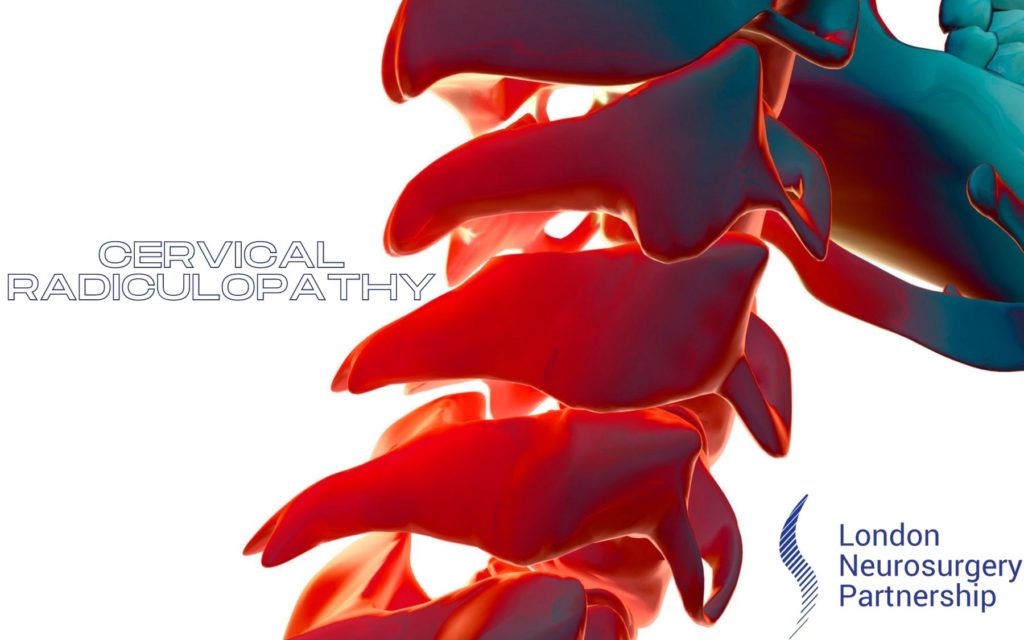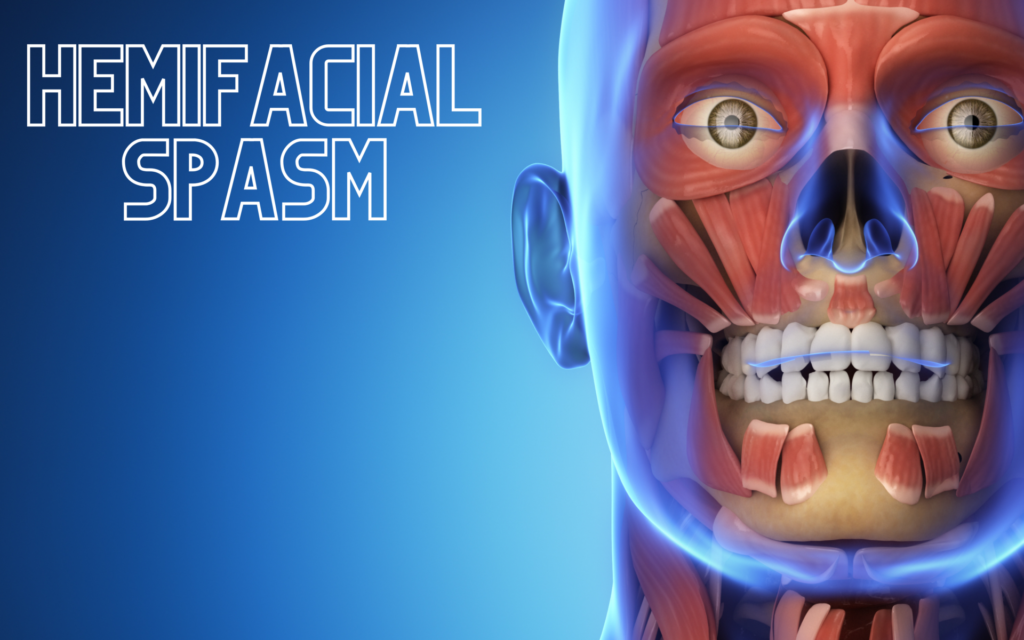
Why do I have neck pain?
Sadly, chronic pain in the neck can make a person’s life miserable. Neck pain may include limited range of motion, also known as a stiff neck. When neck pain involves the nerves, there may be numbness, tingling, and weakness in the arms or hands.
The structures of the neck include nerves, muscles, vertebrae, and the discs separating the vertebrae. Pain can begin in any of these areas. It may also originate in another area of the body near the neck, such as the jaw, head, shoulders, back, or upper arms.
Neck pain can be caused by muscle strain or tension from poor posture or activities such as bending over a desk for an extended period of time. When it involves tingling, numbness, or weakness in the limbs, there may be a muscle spasm or slipped disc pinching or pressing on a nerve.
The cervical spine (neck area) is frequently injured in contact sports, such as football or rugby. Sports injuries, accidents, falls and other types of trauma can cause serious injuries to the neck, including whiplash, fractured vertebrae, and injury to the blood vessels.
Herniated disc, arthritis, and other medical conditions can also lead to chronic neck pain and stiffness.
If your neck has been injured or strained, you may feel stiffness, a knot in your neck, or severe pain. You may have a headache, and the pain in your neck may spread to your upper back, shoulders, or arms.
It may be difficult to turn or move your head and you may experience weakness, numbness, and tingling in the arms and hands. If there is pressure on a spinal nerve root (which branch out from either side of the spinal cord and join to form the spinal nerves), you may experience shooting pain down your arm.
Minor neck strain usually can be treated with home care options such as:
- Heat and ice
- Slow range-of-motion exercises
- Massage of the painful areas
- Ibuprofen
However, you should seek medical attention for neck pain right away if:
- Symptoms do not go away in one week
- Neck pain was caused by trauma – a blow, fall, or injury
- Pain does not subside with regular doses of over-the-counter pain medication
- You have difficulty swallowing or breathing in addition to neck pain
- You are experiencing numbness, tingling, or weakness in your hand or arm
The most appropriate treatments for you will depend on the cause, nature, and severity of your neck pain.
This article is intended to inform and give insight but not treat, diagnose or replace the advice of a doctor. Always seek medical advice with any questions regarding a medical condition.






0 Comments